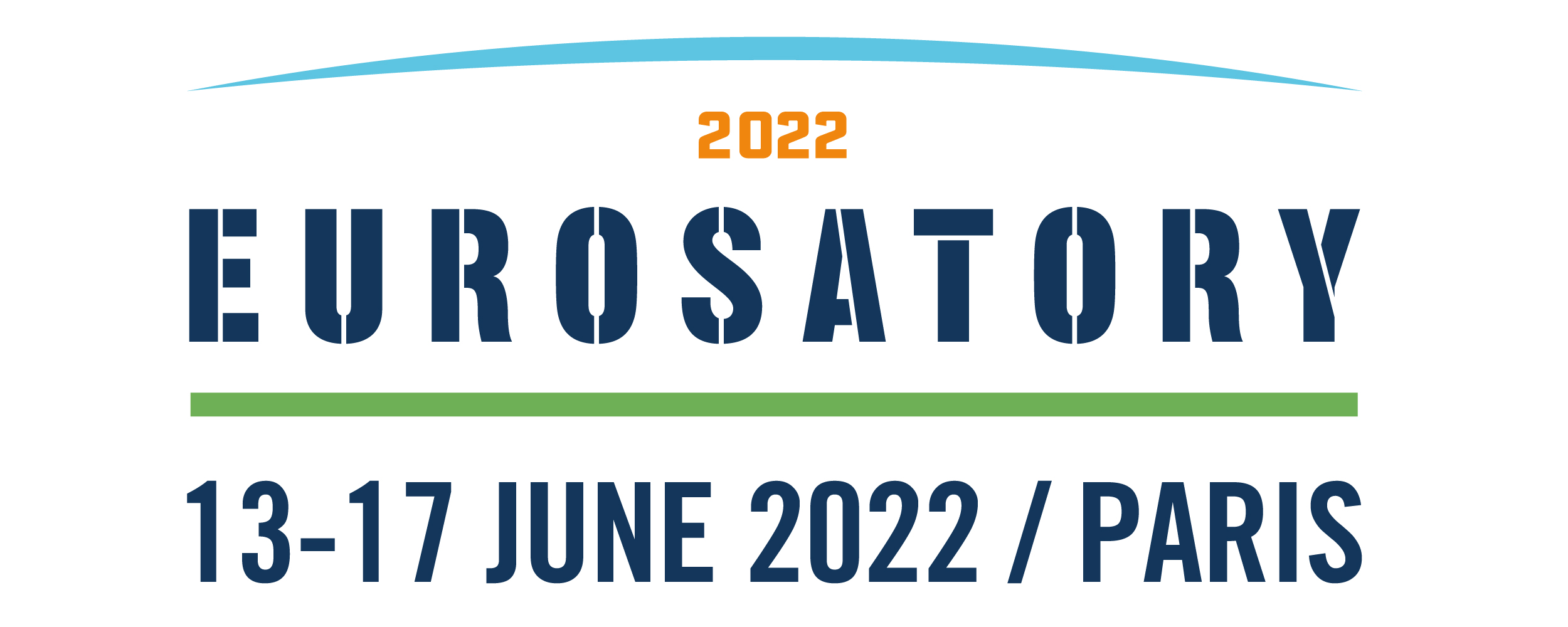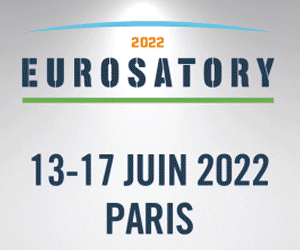These are truly dramatic and turbulent times for our continent’s
security and defence, with many uncertainties and challenges laying
ahead. Russia’s unjustifiable aggression war in Ukraine, with all its
human suffering and potential repercussions on Europe’s security
and defence architecture, is at the centre of attention. Meanwhile, in
the shadow of the headlines, a more sober debate is ongoing at EU
level, one that could also massively impact the EU’s future defence
clout: the defence industry’s future access to finance. Many
companies, especially small and medium-sized ones, testify that they
struggle to access finance on capital markets and, in some cases,
even other financial services, such as insurances. Access to finance
and services is, as we all know, critical for the industry’s financial
viability and competitiveness.
There has been much focus recently on certain legislative and policy
proposals by, and from within, the European Commission concerning
Environmental, Social and Governance (ESG) criteria in the context of
the EU’s Green Deal. These proposals would have significant negative
consequences for Europe’s Defence Industrial and Technological
Base (EDITB), although efforts have already been made to lessen
their impact on the defence sector. Besides the risk of setting a
stringent regulatory framework that would effectively bar the
EDTIB’s access to finance on capital markets, these proposals would
also have a normative effect in the sense that the regulator, in this
case, the European Commission, would send a clear signal to
financial markets on the undesirability of investments in the defence
industry. For many years, banks and other financial institutions have
already had restrictive investment policies in place concerning the
defence industry. The proposals in question from the European
Commission would thus risk exacerbating the EDTIB’s already
restricted access to finance.
Political coherence
Nobody questions the importance of the EU’s Green Deal and the
urgent need to tackle climate change, quite the opposite. The EDTIB
is since long committed to the green and sustainable transition of
our societies. But with a war raging in Europe and a broad political
consensus that EU Member States’ Armed Forces urgently need to
modernise and strengthen their defence capabilities with the help of
a strong, vibrant, and competitive European defence industry, it
would be careless and even dangerous to jeopardise this industry’s
access to finance.
The bottom line is that EU policies must be coherent. We cannot, on
the one hand, aim to strengthen European defence with the help of
new initiatives such as the Coordinated Annual Review on Defence
(CARD), the Permanent Structured Cooperation (PESCO) and the
European Defence Fund (EDF) while, at the same time, adopting EU
legislation that excludes the defence industry from the financial
markets and jeopardises its overall competitiveness. This is
particularly true at a time when the EU’s ambition is to move
towards strategic autonomy. In addition to that, there are serious
long-term strategic risks involved. Because to build a stronger
European defence and guarantee a secure and stable future for our
citizens, we need a sovereign and competitive defence industrial and
technological base able to deliver state-of-the-art technologies and
defence capabilities. In other words: EU citizens and financial
investors should realise that the defence industry, too, plays an
essential role for safeguarding free and sustainable societies in
Europe.
European defence takes action
Against this background, the European Defence Agency cannot
remain idle. At EDA’s Steering Board meeting of National Defence
Directors in March, Member States agreed to address the issue of
ESG and its impact on the EDTIB’s access to finance. Member States
agreed to adopt a short- and mid-term as well as a longer-term
approach, which will serve to address the challenges relating to
access to finance for the defence industry, but ultimately also to the
overall perception of the sector. Apart from the essential role that
defence and security play in progressing towards to a sustainable
and secure society, the defence sector needs to be recognised for
what it already does in terms of transitioning to greener and more
sustainable operations. At the same time, it must also identify areas
and activities in which it can further develop its contributions
towards said transition.
Coordination between Member States on ESG-issues
EDA will launch a network of Member State experts, including the
European Commission, to discuss and coordinate ESG-related issues
and the industry’s access to finance. Industry will play an important
role in this newly launched coordination effort, by providing critical
input to the work of the network. It will be important for industry to
demonstrate the concrete impact of ESG-criteria and restricted
access to finance, and the longer-term impact on the industry’s
ability to design, develop and deliver innovative capable technologies
and systems to support the development of EU defence capabilities.
The defence industry needs on the one hand to better communicate
on what it already does to contribute towards the green and
sustainable transition. On the other hand, additional efforts need to
be made by the defence sector in this respect. Here, existing
platforms such as the Consultation Forum for Sustainable Energy in
the Defence and Security Sector (a European Commission initiative
managed by EDA to assist Ministries of Defence to move towards
green, resilient, and efficient energy models) or the EDA-managed
Incubation Forum for Circular Economy in European Defence (IF
CEED) should be fully used to launch new collaborative projects
supporting sustainability.
Way ahead
The Agency now has a clear mandate for moving ahead with
concrete actions addressing the concerns of industry relating to
access to finance and ESG. The Russian invasion of Ukraine was an
unwelcome and tragic wake-up call across Europe that our efforts in
defence and security have not been adequate. Most Europeans
recognise the challenges in front of us in terms of developing the
necessary defence and security capabilities necessary to protect our
democratic and free societies from external threats. The defence
industry plays an essential role in meeting this common European
challenge. Addressing the issue of access to finance and ESG is,
therefore, a necessary component of the overall effort.
Only a vibrant, innovative, competitive, and well-funded European
defence industry can underpin the EU’s defence ambitions with the
capabilities and equipment our Armed Forces need, now and in the
future.
By Jiří Šedivý, Chief Executive of the European Defence Agency (EDA)









